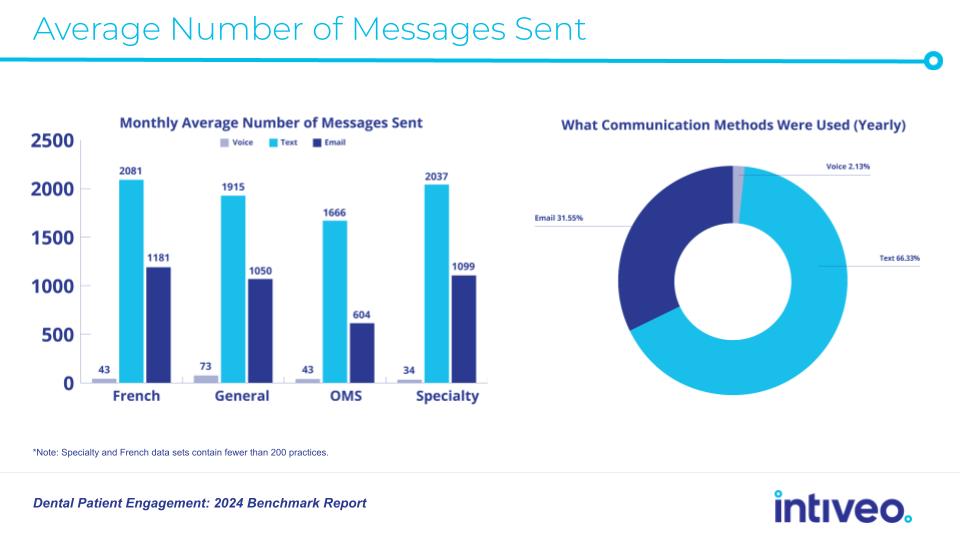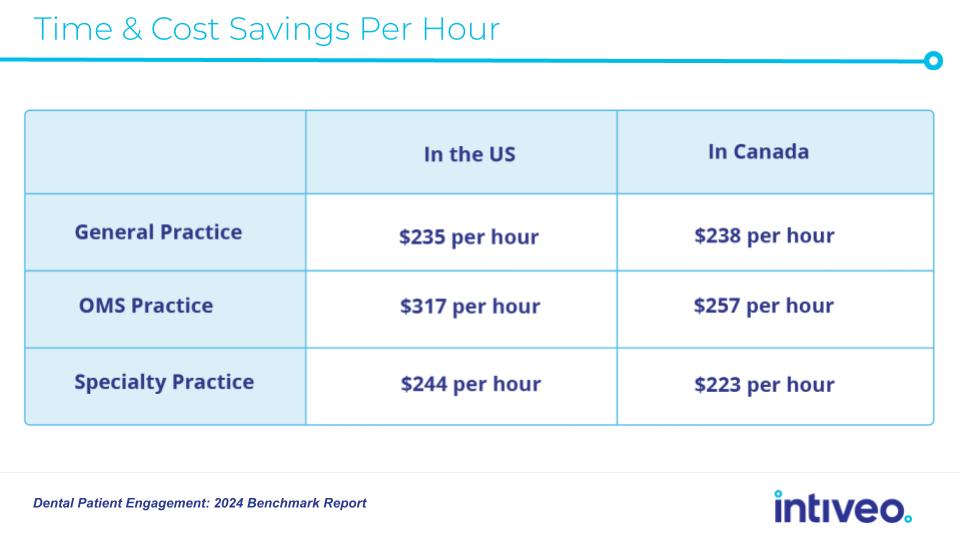Effective patient engagement is essential for busy dental and oral surgery practices to keep appointments running smoothly and continue being profitable. One of the best ways to keep patients informed and reduce last-minute cancellations is by implementing automated patient reminders. With automated reminders, practices can communicate with patients in a way that fits into their daily lives, increasing the chances that they’ll be on time and prepared. Let’s talk about how automated patient reminders can save time, money, and improve patient engagement.
Manual Reminders Hinder Patient Engagement
For many practices, patient engagement begins and ends with manual phone calls. Many practices rely on staff members to call patients manually to remind them about upcoming appointments. While this method works for some, it often has drawbacks, such as:
- Calls might go straight to voicemail or be missed entirely, especially if patients are busy during office hours
- Patients might forget about the content of the message
This can lead to missed appointments, last-minute cancellations, and even unprepared patients, all of which impact the practice’s schedule and revenue. If patients are showing up unprepared, then it can be challenging or impossible to complete the appointment. At some point, every oral surgeon or dentist has witnessed a patient coming in through the door drinking a coffee, when they were supposed to fast before their appointment! It’s challenging for them to remember any instructions that come with a reminder if it was in a voicemail from two days ago.
Manual reminders also require significant time from your staff. Making these calls eats up hours that could be spent on other important tasks, especially when practices are short-staffed. In fact, staffing shortages have been an ongoing issue at dental practices in recent years — making the hours eaten up by manual reminders that much more challenging for staff.
Patients Often Prefer Text or Email
In Intiveo’s recent benchmark report, we noted that the majority of dental patients prefer communicating by text and email. Text reminders have several advantages: they’re easy for patients to check, patients can confirm appointments quickly, and can even include essential details like pre-appointment instructions and attached forms. Patients can easily refer back to any information sent by text or email, since they can open them up on their cellphones.

Text and email reminders are also easy to automate, allowing practices to send timely messages to patients without taking up staff time. With automation, your practice can schedule reminders days in advance, reducing the risk of missed appointments and creating a smoother experience for both patients and staff.
Saving Time = Cost Efficiency
Time is money, especially in a busy dental or oral surgery practice. At the most, an American general practice might spend about $235 an hour on total wages. So if staff are spending 3 hours on manual follow-ups, that translates to $705 dollars of time spent on labor for this task alone.

Imagine, instead, spending that $705 on more efficient labor. By using automated patient reminders, your team saves valuable time, freeing them up to focus on providing quality patient care and improving other areas of the practice. With fewer missed appointments and more prepared patients, your practice can operate more efficiently, leading to higher profitability.
How Intiveo Helps
Intiveo offers a number of resources to dental and oral surgery practices across Canada and the United States, including this blog and our podcast, The Patient Experience Blueprint.
Want to get resources like this one delivered to your inbox? Subscribe below or at the top right!
Curious to learn more about Intiveo? Let’s chat!





